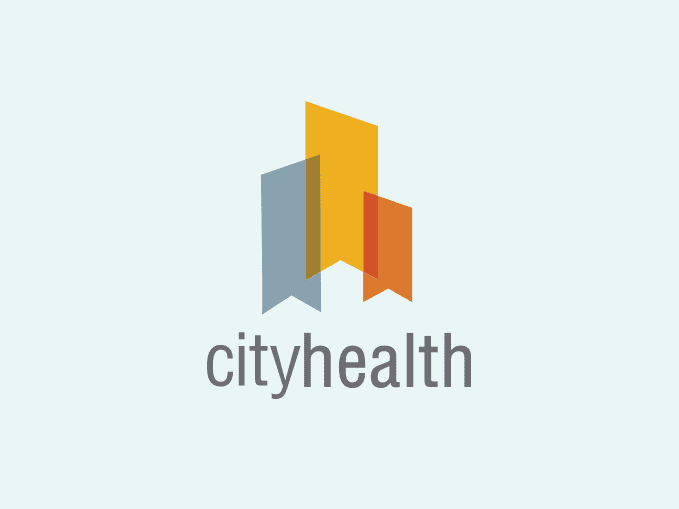Columbus is changing — and a new report recommends some of its policies need to follow suit to ensure residents can lead healthy, quality lives.
The report, released Tuesday by CityHealth, studied public-health policies in the country’s 40 largest cities, and found that Columbus met its standards in only three of nine categories: food safety, smoke-free indoor air and laws limiting the purchase of tobacco to those who are at least 21 years old.
Columbus received a gold medal in those three categories, the report’s highest possible ranking.
However, in the organization’s overall rating, the city failed to earn a medal. Columbus didn’t receive a medal in last year’s report nor in the 2018 edition for affordable housing; alcohol sales control; earned sick leave; healthy food procurement; high-quality universal pre-kindergarten; and complete streets, which focuses on access to public transit and other measures such as bike lanes.
Kelli Newman Myers, a spokeswoman for Columbus Public Health, wouldn’t comment on the specifics of the report, saying the city hasn’t fully reviewed it. She did note how it highlights the city’s success on cracking down on tobacco use.
Columbus is one of 15 cities that didn’t medal in CityHealth’s overall rating. Other Midwestern cities that didn’t receive a medal include Detroit and Indianapolis. Boston, New York City and Chicago were among the five cities to earn the highest overall distinction.
Despite Columbus’ strengths in three areas, it’s important for the city to pass proactive policies to improve in the other categories because of its continued growth, said Shelley Hearne, president of CityHealth, a nonprofit health-policy group funded by Kaiser Permanente and de Beaumont Foundation.
“It is a pivotal time for Columbus,” Hearne said. “Is it going to grow in a way that ensures good health and prosperity for everyone that’s living, schooling and working in the city or is it going to (have) greater disparities? An ounce of prevention is better than a pound of cure.”
This is the second report that CityHealth has released on the topic.
Hearne said CityHealth intends for the report to be used by local officials as a road map to building inclusive, healthy cities by distilling the complicated problems that urban communities face into nine “politically pragmatic policies.”
Newman Myers said Columbus is taking steps in each of the report’s focus areas and gave examples of strides in three of them: affordable housing, healthy food procurement and complete streets.
She pointed to regulatory efforts that would require developers who wish to build in growing neighborhoods to include a certain number of affordable units; coordinated work with Franklin County on enhancing local food systems; and the growing number of bike lanes and off-road trails. Other efforts include the Smart City grant, which Columbus was awarded in 2016 to help redevelop its transportation networks.
″…We are doing that work every day in the community,” Newman Myers said.
Micah Berman, a professor of public health and law at Ohio State University, said the report is valuable to cities because it shows how “health is about much more than health care.”
“It shows the interrelation between public health and policy,” Berman said. “If you really want a healthy community you need to be using law and policy to shape the conditions in which people are living and working and learning.”




